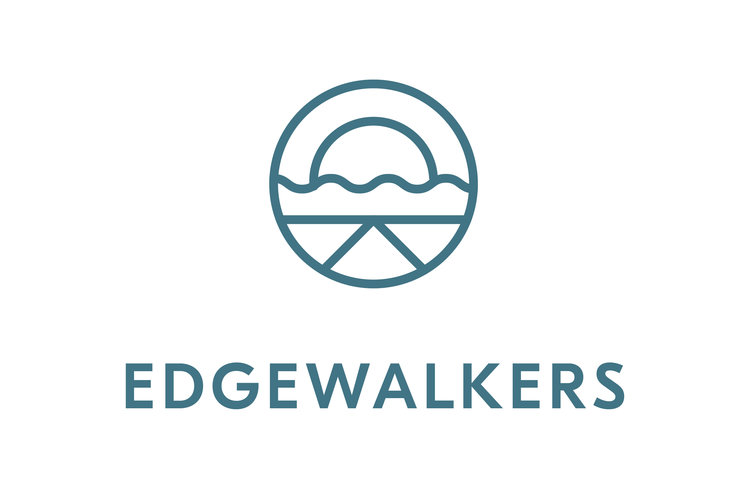The 2020 Global Asia-Pacific Ecotourism Conference was held in Margaret River at the beginning of December 2020. Speakers and participants represented all areas of the tourism industry in the region, mainly Australia.
There were representatives from state and local governments, regional tourism organisations, relevant government departments, tour operators of all sizes and forms; and, some academics. Everyone present was passionate. Everything shared & discussed was important. However, there were 3 messages that really stood out.
1. Trails and ‘trail towns’ on the rise
As the popularity of human-powered tourism increases and more and more people take up hiking and cycling, trails and ‘trail towns’ around the world are going to play a growing & important role in determining the destination of many visitors.
This is great news.
I don’t know how many people walk the Cape to Cape track every year here in WA’s southwest, but I know it’s enough to help sustain several tour operators, including Edgewalkers, a number of driving services, multiple accommodation providers from high end to AIRBNB, caterers and all the other services and businesses in their supply chain, including food producers, small cottage food businesses, retailers, laundry services, mechanics, cleaners, gardeners.
With the WA government recently committed to spending $45 million in the development of trails, there is a distinct move towards developing the economies of some destinations by becoming trail destinations.
Collie and Dwellingup, also in WA’s southwest, are two locations already marked and in transition to becoming trail towns. As more visitors come for the trails, more jobs & businesses are created helping to increase the number of nights a visitor spends in the community and the revenue spent.
This increase in revenue can encourage bigger government investment in infrastructure, always needed in rural areas. Busselton’s new airport, for example, will be opening up the southwest to a whole wave of new visitors.
Alongside the economic benefits, the increase in people using the trails will also increase the need for clear and well-informed conservation and protection protocols to be practised by everyone. With an understanding that the economy of their community depends on the pristine condition of the natural environment, all stakeholders are also responsible for the trails and their condition; everyone is a conservationist.
Cupped Leaf Hakea - Stirling Range National Park PHOTO Erika Jacobson
2. Regenerative is the new sustainable
Sustainability is not enough.
Intrepid Adventures founder, Geoff Manchester, spoke passionately about the importance of tourism businesses, and all businesses, having the potential for being a ‘force for good’.
As a leading adventure company proud of its B Corp business certification, its adherence to Science-Based Targets & its undertaking of activities informed and aimed towards achieving the 17 UN Sustainable Development Goals, Intrepid sets itself apart through its regenerative practices.
‘Regenerative’ was, in effect, the word of the hour.
According to ‘conscious travel’ scholar and consultant, Anna Pollock, even the best practices in sustainability will only lead to a ‘slow-down in our current passage to catastrophe’.
With 70 % of visitors to Australia stating that they are coming here to spend time at a natural location, there is, effectively, no tourism industry in Australia without a pristine and well-protected natural world.
Regeneration, we heard over three days, is the optimal goal.
Regenerative tourism is tourism that partners with nature so that it reflects our part in this living system. Regenerative tourism asks the questions:
How can a destination flourish? How can we contribute to a destination & all of its inhabitants (including the nonhuman ones) thriving?
Southern right whales in the Fitzgerald River National Park. DRONE IMAGE: Gary Quintrell
3. It costs more to do nothing!
That’s right.
Doing nothing about climate change, according to a recent Deloitte report: A New Choice: Australia’s Climate for Growth, will come at a great financial cost.
If their calculations are accurate, by 2070, if nothing is done to stop global warming, there will be a loss to the global economy of over $300 trillion dollars, and over 800,000 jobs.
If we start (right now) to do everything we can to minimise carbon footprints and stop the rising global temperature, by 2070, we will have added $680 billion to the economy and 250,000 jobs.
I don’t know how the figures were calculated, and personally, these stats matter less to me than the massive loss of natural habitats and the extinction of flora and fauna species. But I know these calculations are crucial and perhaps will be the most important factor in big businesses adopting more earth-conscious practices.
Mt Bruce - Karijini National Park PHOTO Erika Jacobson




